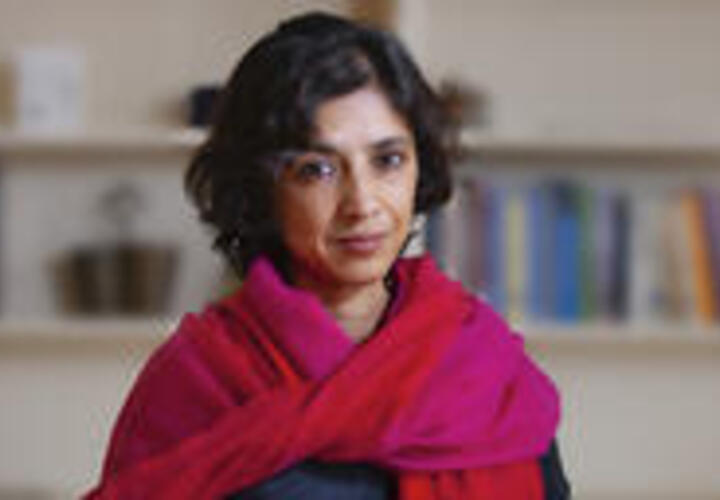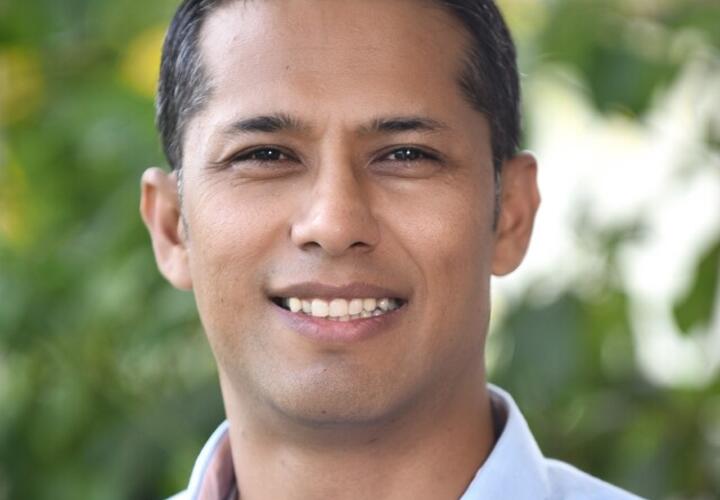Advancing Women’s Political Representation through Cross-Party Networks in Nepal
Can cross-party networks of female politicians boost women’s political representation in Nepal? The Inclusion Economics team is using an innovative approach to challenge the nation’s male-dominated political structures.
Globally, women are under-represented in politics, resulting in less inclusive policymaking. In response, over 130 countries have enacted government gender quotas to enhance women’s representation. Yet gender gaps remain, with the old guard often undermining quotas.
Nepal has made important strides toward political gender equality in recent decades as it transitioned from a monarchy to a federal democracy, but women still face structural barriers to attaining leadership positions. The 2015 Constitution established gender quotas at the level of local government, requiring political parties to nominate at least one woman for the positions of mayor and deputy mayor. However, local coalitions between Nepal’s main political parties often fielded a single, male candidate, preventing female politicians from attaining top positions at the local level. To better understand structural barriers to women’s candidacies in Nepal, Inclusion Economics organized focus groups of female politicians from the three major parties: the Nepali Congress, the Communist Party of Nepal (Unified Marxist–Leninist), and the Communist Party of Nepal (Maoist Centre). Those interviewed voiced their desire to collaborate with one another on countering male political gatekeepers and building cross-party networks of female candidates to strengthen women’s representation in local government.
Inclusion Economics will now study whether assembling female politicians into collaborative groups can increase this representation. More specifically, Inclusion Economics will form networks of female politicians to help them establish connections with party elites, advocate for local government to address women’s issues, and facilitate conversations between potential candidates and party selection committees. We aim to answer the following research question: by developing stronger networks, can female politicians better communicate their competence, electability, and authority?





